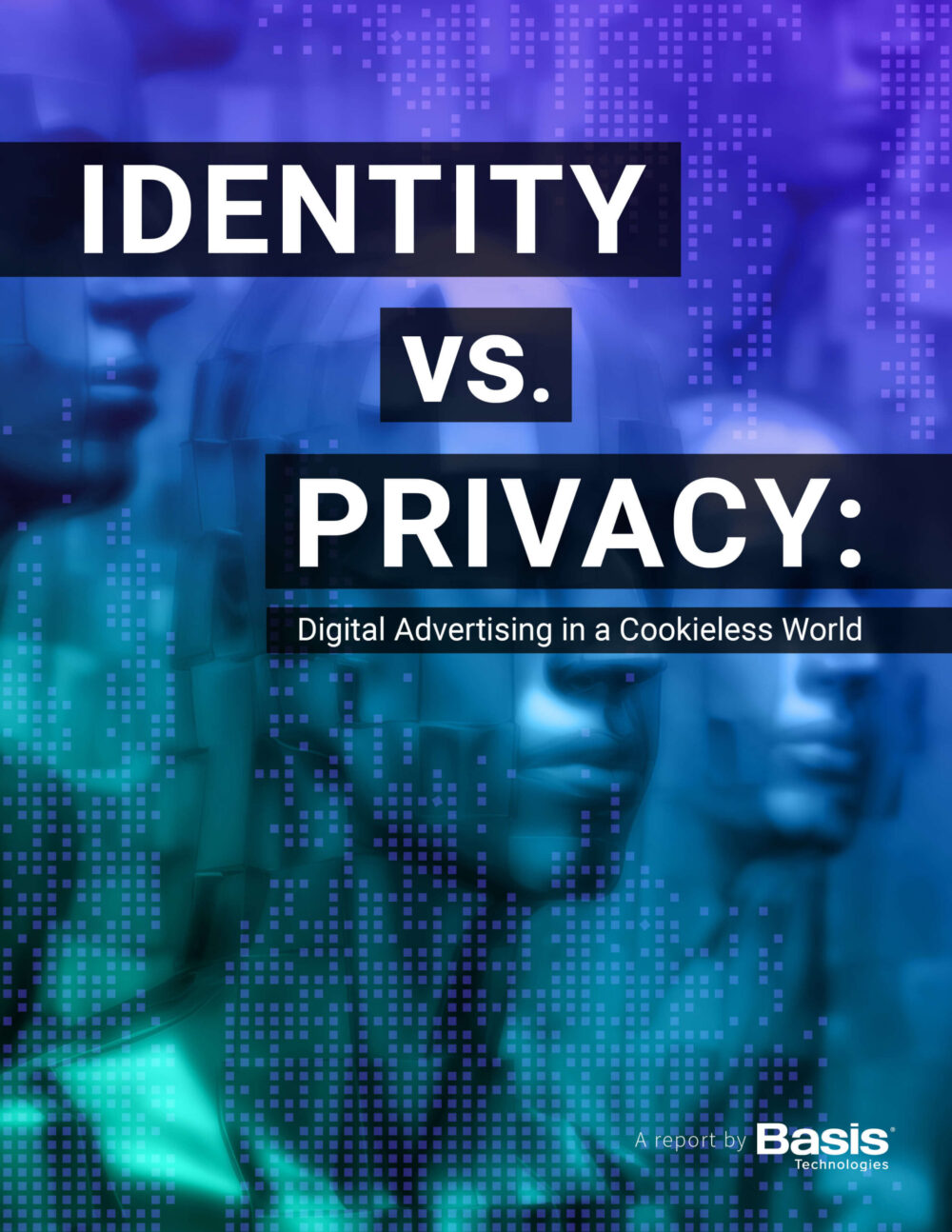The key programmatic advertising shifts for 2026, covering AI, media quality, commerce media complexity, CTV, and changing discovery paths.
Signal loss is having a significant impact on digital advertising, with third-party cookie deprecation, frequency capping, and attribution concerns as regulatory bodies, browser developers, operating system owners, and consumers increase their focus on user data.
The Interactive Advertising Bureau (IAB) estimates that signal loss stemming from existing third-party cookie deprecation in Safari and Firefox and Apple’s App Tracking Transparency (ATT) has already curbed advertisers’ ability to target and track 50-60% of internet users.
But the biggest hammer is about to drop, as Google intends to deprecate third-party cookies in its wildly popular Chrome browser by the end of 2024, ushering in a new age of cookieless advertising where alternative identity solutions are critical to digital advertising success.
On the brink of this type of transformational moment, how is the advertising industry preparing (or not preparing) for increased signal loss and a cookieless world? What do industry professionals they think of the leading alternative identity solutions? And how do marketers and advertisers feel about privacy and its place in the larger identity conversation?
For this report, Basis surveyed over 200 marketing and advertising professionals from top agencies, brands, non-profits, and publishers to see how they are reacting to third-party cookie deprecation and signal loss, and to gauge their feelings about privacy and user data as we head into a pivotal year for the advertising industry.
Findings include:

"*" indicates required fields